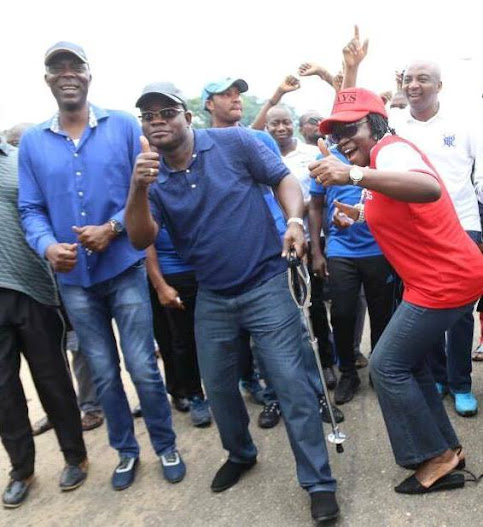By Odia Ofeimun
Each time it was discovered that the ship of state was foundering, without compass, and no one seemed to have a handle on how to navigate with a proper goal-orientation, the question, Whither Nigeria?, has been asked as a way of giving expression to where we are as a country, where we are going or where we should be going. Mostly, the issues have emerged from trying to think beyond the scramble by the various nationalities in the country. In a multi-ethnic society, reality tends to be resolved around levels of perception in the practice of governance.
*Odia OfeimunI am interested in how we’ve been fixed by history, and how we’ve always managed to have so many unresolved issues, so embarrassingly many, even now, when the most intense marker of dissension in the Nigerian firmament is the Boko Haram Insurgency in the North-East which has sought many times, unsuccessfully, to declare a Caliphate over parts of the country. Take the other issue around MASSOB (Movement for the Actualization of the Sovereign State of Biafra) and the Indigenous Peoples of Biafra (IPOB). They have raised the Biafran secessionist flag contentiously and ambitiously over what used to be the Eastern Region. Successive Federal Governments have pursued them with punitive measures as if the civil war of 1967-70 did not quite come to an end. Now, look, the clouds are gathering, as fractions of the Yoruba, at home and in the Diaspora, are angling for a secessionist binge of their own, unless, as it is stressed, ethnic nationalities are allowed to become self-governing within the Nigerian Federation.






